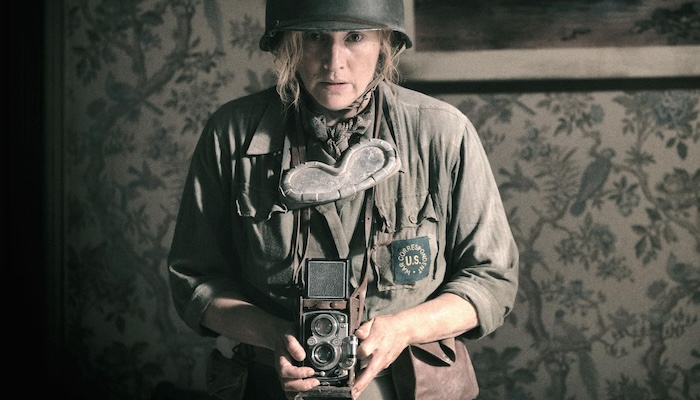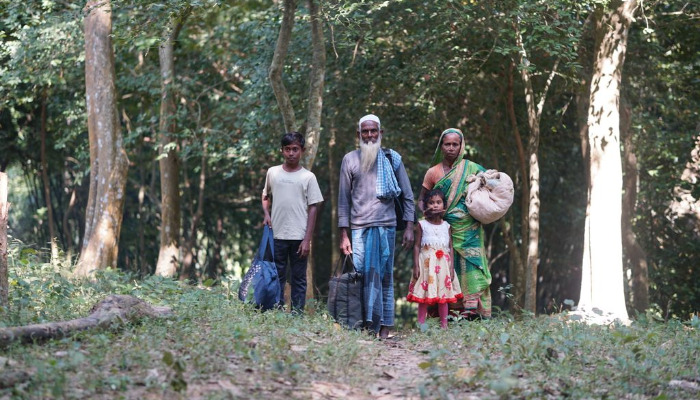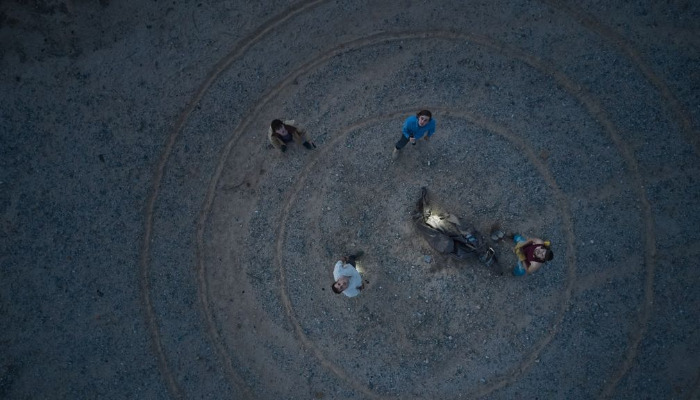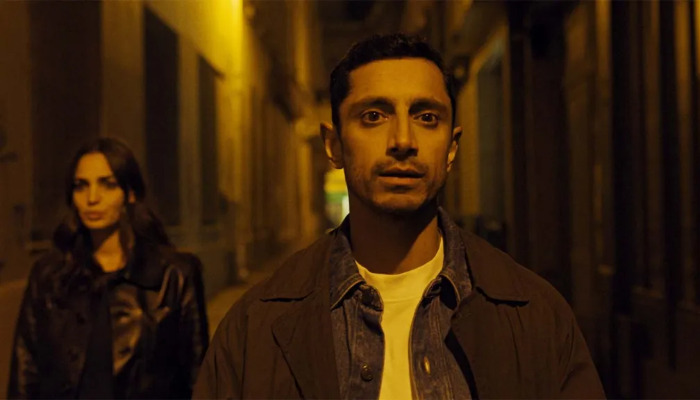Film Review: NAÇÃO VALENTE: Historical Revisionism As the Real Horrors of War [Locarno 2022]
Nação Valente Review
Nação Valente (2022) Film Review from the 75th Annual Locarno Film Festival, a movie written and directed by Carlos Conceição, starring João Arrais, Anabele Moreira, Gustavo Sumpta, Leonor Silveira, Miguel Amorim, and André Cabral.
For all the “both sides” and “it’s complicated” discourse that’s flooded the media with regards to world events this year – particularly those who rightfully and/or righteously claim the only losing party in war is working-class people – Nação Valente (Portuguese for “Tommy Guns”) seems to be one of – if not the only – cinematic works to really nail that concept. While the 27-minute cold open takes that concept a bit too literally (and initially comes off as rather pretentious), it’s eventually revealed to be a thematic equalizer rather than a narrative divider.
Within the final days of the Angolan War for Independence in the mid-1970s, Tchissola (portrayed with soft determination by Ulé Baldé), a young Angolan woman, balks at being beholden to daily chores while her villagers die around her. She wants to live her life free from the leers and quiet condescension of the Portuguese foreigners (much less the actual violence they suggest) and explore her sexual awakening in peace.
Her opening is juxtaposed with a follow-up of Zé (João Arrais) and the rest of his barely-adult squadron of Portuguese soldiers, who are being prepped for battle in a mini-boot camp that’s isolated from any major outpost. Beyond fulfilling the violent defense drills their overzealous commanding officer (played by Gustavo Sumpta, channeling the same bald and bug-eyed mania of the late R. Lee Ermey) with dead-eyed obedience, the soldiers take to scavenging about their unfamiliar surroundings and building up camaraderie amongst themselves. And yes, like Tchissola, they too are all horny.
Tchissola doesn’t show much interest in the Angolan independent factions of the era, and neither do Zé and the soldiers seem piqued by Portugal’s political project. While not of equal historical nor ethical caliber, they do represent two strands of the same problematic core: youthful disenfranchisement with historical structures they don’t see themselves represented in, and a pacifistic desire to just be left to their own devices. Likewise, the soldiers’ mental anguish at their role is not on an equal level to that of the violence ultimately committed against Tchissola by the same forces, but it argues that the only outcome of outdated colonial projects, when boiled down to the essentials, is pain and suffering. When it comes to empire, everyone a victim of aging and psychopathic ideologies to some degree.
The third act comes twisting itself around and those “outdated” and “aging” aspects only make themselves more prevalent, highlighting the uncomfortable confrontation with the past that is a social necessity for modernity to survive. The reveal is one that whiplashes between shock to annoyance before finally settling on astonishment, sinking the film’s jagged hooks deep within us just as it was starting to let go. As a crude comparison, think Dogtooth and Alice by way of Portuguese history.
It helps, too, that this is when Conceição really starts to toy with genre flair, reviving our interest in Nação Valente’s stalling-out war narrative while also insinuating the supernatural side effects to centuries of imperialist violence. Unfortunately Conceição’s dialogue gets a bit too didactic and those ethereal thrills materialize with a soft thud, but they still linger on as creepy artifacts even after the credits start to roll.
All in all, Nação Valente shows war and historical revisionism as intertwining tools of destruction, all of which is squeezed through Conceição’s surrealist fissures. If this isn’t one for the ages, it’s definitely one for our particular moment.
Rating: 7/10
Leave your thoughts on this Nação Valente review and the film below in the comments section. Readers seeking to support this type of content can visit our Patreon Page and become one of FilmBook’s patrons. Readers seeking more Fantasia International Film Festival news can visit our Locarno Film Festival Page, our Film Festival Page, and our Film Festival Facebook Page. Readers seeking more film reviews can visit our Movie Review Page, our Movie Review Twitter Page, and our Movie Review Facebook Page. Want up-to-the-minute notifications? FilmBook staff members publish articles by Email, Twitter, Facebook, Instagram, Tumblr, Pinterest, Reddit, and Flipboard.
Related Articles
FilmBook's Newsletter
Subscribe to FilmBook’s Daily Newsletter for the latest news!













